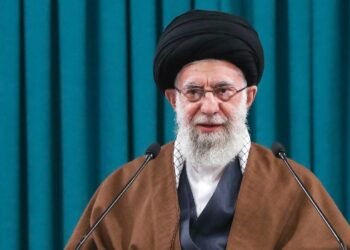PENGASSAN says petrol should sell at N360/N400 after subsidy removal.
Glamtush reports that the Petroleum and Natural Gas Senior Staff Association of Nigeria (PENGASSAN) says a litre of Premium Motor Spirit (PMS) commonly known as petrol should sell for between N360 and N400 after the subsidy regime.
This online newspaper understands that PENGASSAN President, Festus Osifo made this known to newsmen on the sidelines of the association’s National Executive Council meeting which was held in Abuja on Tuesday.
Asked what the price per litre of petrol should be after the removal of the subsidy, Osifo said, “Today, the sole importer of PMS into Nigeria is the NNPC. The NNPC is using an exchange rate of the CBN which gives about N400 to N450 depending on the day and depending on the window that you are looking at. So, if you compute that into the model today, PMS should be selling for a region of about N360 to N400.”
A litre of petrol is currently sold at N184 at some parts of the country and slightly higher than that in other regions, even as fuel scarcity and long queues gradually subside in most cities.
However, Osifo said that the association has compelled all its organs nationwide to make fuel available for Nigerians and threatened to withdraw the licenses of any member found wanting of hoarding petrol.
He said functional local refineries will not only make fuel affordable but provide jobs for Nigerians. The PENGASSAN chief advised that the money removed from fuel subsidy could be used to end the perennial strike by the Academic Staff Union of Universities (ASUU).
He said, “While maintaining our support for the full deregulation of the sector and the significant milestone achieved in this regard, we counsel that efforts be made to increase the pace of the current rehabilitation exercise of refineries and get them back on track in due time.”
Osifo said the currency swap as well as sporadic fuel scarcity across the country must be addressed by the incoming administration while palliatives must be made available to Nigerians to cushion the impact of the removal of fuel subsidy.






















